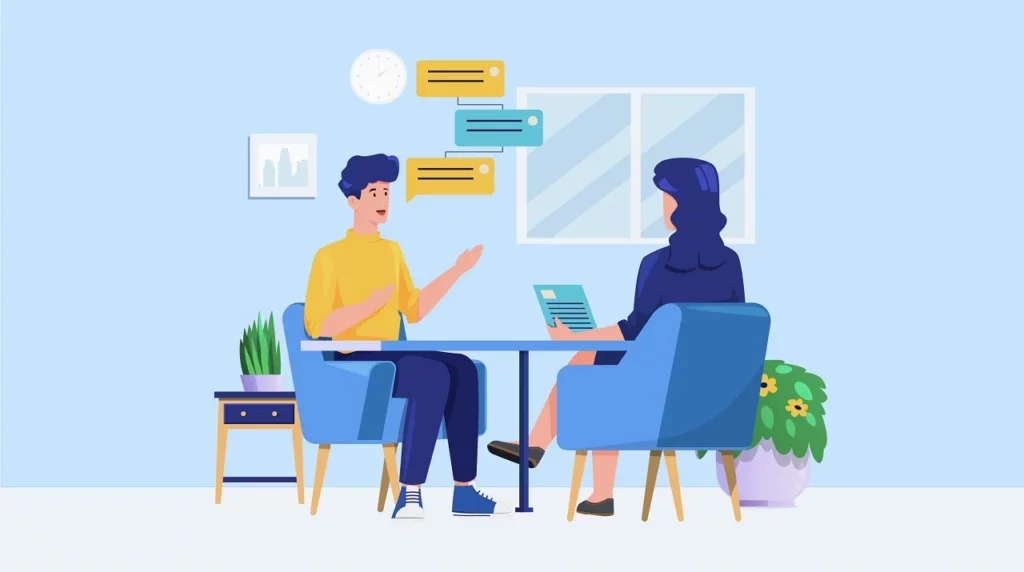
General Interview Tips
With around 4.6% of the UK’s population of those over the age of 16 unemployed, it is becoming increasingly more difficult to land that all-important interview, never mind the job itself. In the event of getting an interview, you want to make sure you make no mistakes.
Many people say that the key to being successful is to put in the effort and hard work. At E&E Recruitment we believe that should you not prepare yourself properly for an interview, any experienced interviewer will notice and you could hinder the job hiring process.
There are many ways to ensure that you are well prepared for your interview.


